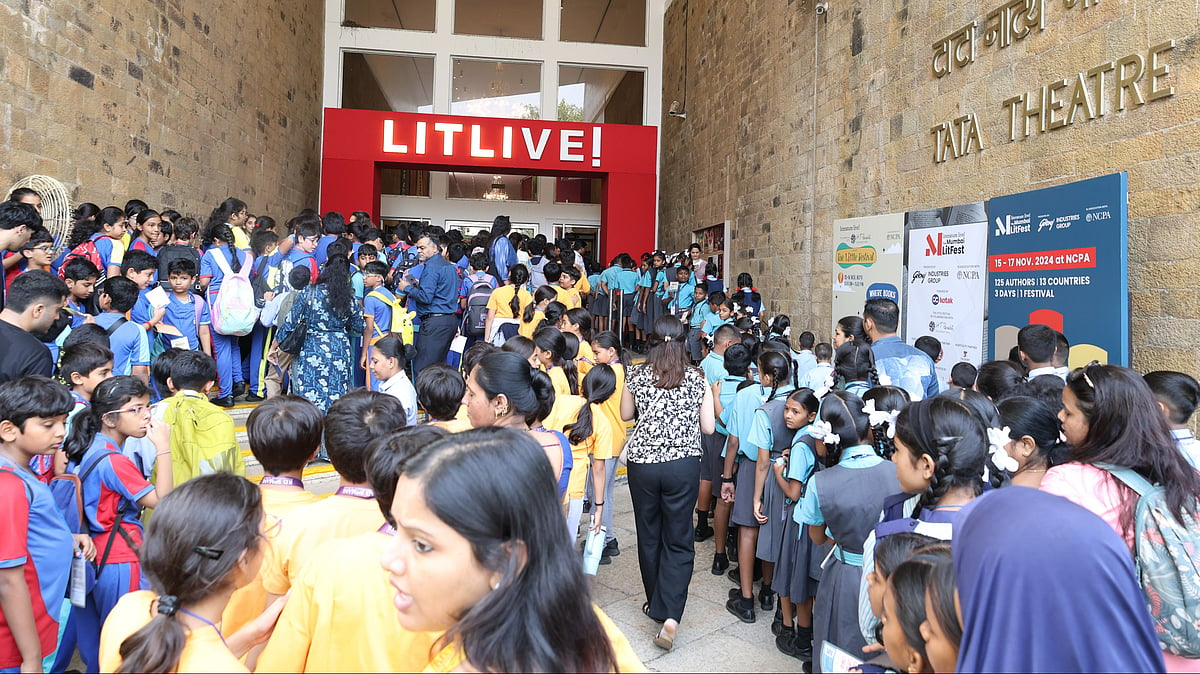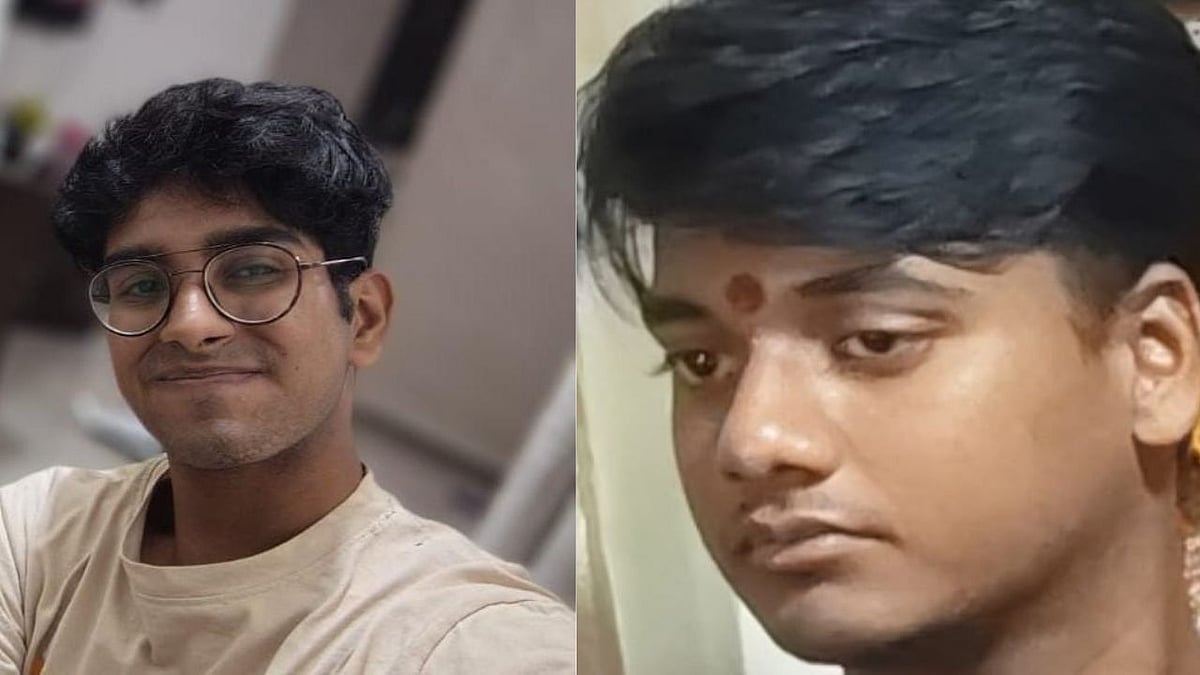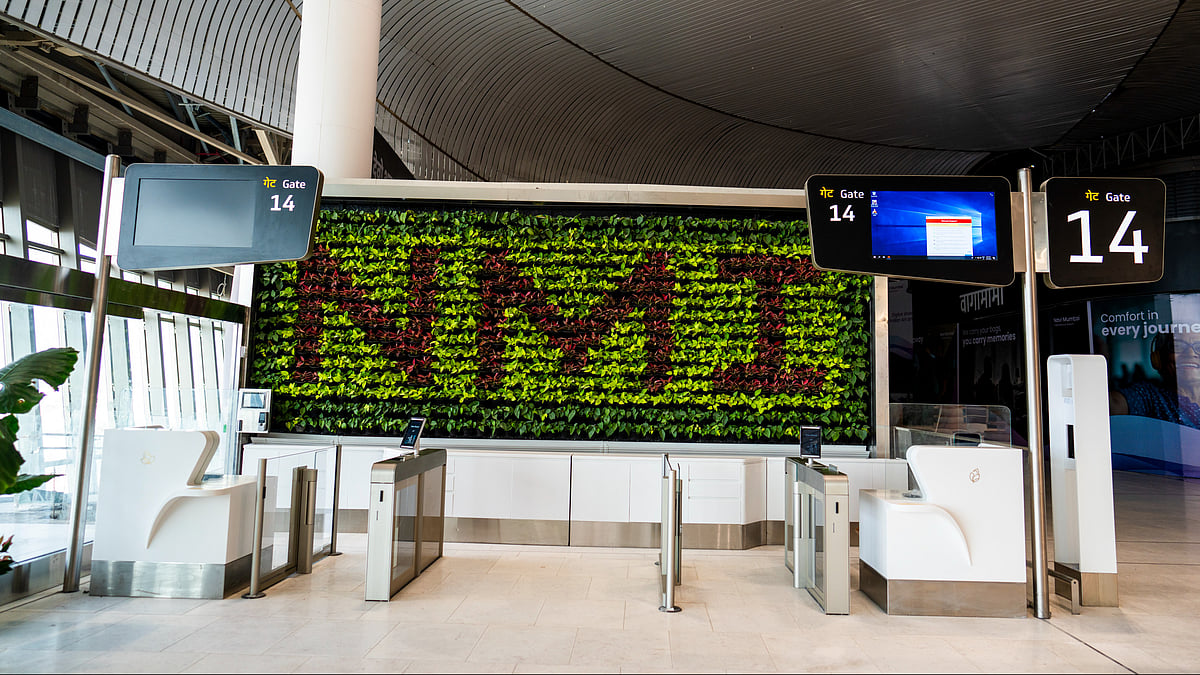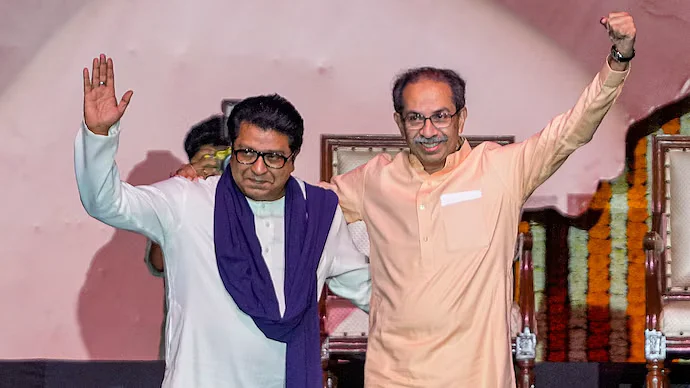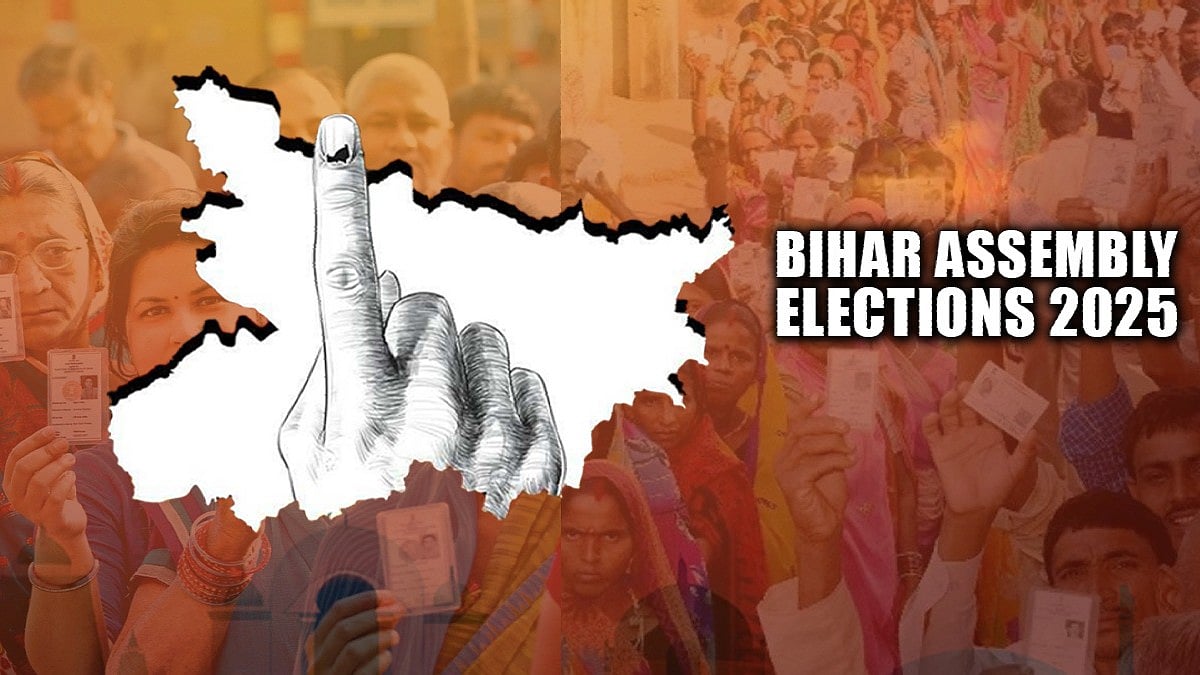Mumbai’s taxi drivers are supposed to know it all, but ask one to take you to Subhas Chandra Bose Marg and chances are he will take you for an outsider; ditto if you were to ask a bus conduct for a ticket to Gopalrao Deshmukh Marg. But both will gladly oblige if you said Marine Drive or Peddar Road; the former are the official names of the latter and despite the changes decades ago, the old names have stuck on.
CHANGING the names of streets is a favourite past time of our administrators, these are best left to municipal corporations, but of course MLAs and MPs too take an inordinate interest in them. When not naming them after a friend or an ideological leader, they use it to oblige a powerful person who may want a remembrance of his parent or uncle.
Changing the names of streets is a favourite past time of our administrators, these are best left to municipal corporations, but of course MLAs and MPs too take an inordinate interest in them. When not naming them after a friend or an ideological leader, they use it to oblige a powerful person who may want a remembrance of his parent or uncle.
Removing the names of colonial administrators after 1947 led to a flurry of name changes in Bombay, though there are still many more destinations to be addressed. Railway stations, for example. But the Shiv Sena did not waste time going after streets-they renamed a city, and following that, a railway terminus and an airport.
In Delhi, ever since it has taken office, the NDA government has been showing a lot of interest in changing names and removing names too (a BJP government in Rajasthan has done away with Pandit Nehru’s name from history books, one wonders how they will teach the history of independent India.)
Coming back to Delhi, first there was a demand to change the name of Aurangzeb Road. It took barely a few weeks after the suggestion was made – and the painting over of the name by some activists – to go through all the official processes and effect the change. I wonder how many people call it by its new name, A P J Abdul Kalam Road.
Now no less than the Minister for North East, Gen V K Singh has suggested that Akbar Road in Delhi be called Maharana Pratap Road. In an instant, the suggestion has been taken over by others from the party—one such comment on Twitter came from a party spokeswoman M C Shaina who said Israel would never name a road after Hitler, why should India do after an ‘oppressor.’ The sheer lack of historic knowledge is astounding—Akbar was never an ‘oppressor’ of India, so is she comparing the gassing of six million Jews to an India born Mughal?
Besides, Akbar, the man who had Hindus in his court, started a new religion, was known for his benevolence, is held up as a model ruler; why would anyone want to remove his name from a road?
Wags have suggested that it is because the Congress headquarters is on Akbar Road, but of course it is not as simple. Hardcore Hindutva elements have always thought of Moghuls as ‘Muslim outsiders’ who ruled ‘Hindu India’ and want to remove their legacy.
Decades ago, historian P N Oak used to claim the Taj Mahal was a Hindu temple; he was dismissed as a crank. Now, cranks are very much mainstream.
There is already a road named after Maharana Pratap in Delhi and a Rana Pratapbagh too. But facts don’t matter—the elements who are demanding this change (and they are small in number at the moment, but mark it, this cry will only grow louder) don’t care for truth or history. They only care for mythology, and that too mythology that suits their purpose.
Everyone has freedom of expression so no one would object to any such demand except that when a minister – and that too a General, who comes from the Army, the bastion of our secular culture –backs them, it is cause to worry. Gen Singh is not known to be careful about what he says—he used some very strong language against journalists, implicitly compared Dalit children to dogs and needlessly tweeted a frivolous remark when he went to Yemen to oversee the rescue of Indian nationals. For a while he has remained silent, but now he has come out publicly and demanded that Akbar Road be renamed.
Normally, there is a pattern to such demands-an obscure outfit makes a public statement, a well known person from the ruling establishment supports it and the government acts fast. In this case, minister Venkiah Naidu has said that there is no such plan to rename Akbar Road, so presumably that should put the matter to rest, but these things never die, they keep cropping up all the time, keeping the issue alove.
The bigger point is, why this urge to rename at all? Almost all old British colonial names have been changed officially. The Moghuls are not in the same mould as the British, however much Hindutva types insist that they were “outsiders”. No one is suggesting demolishing the Taj Mahal or the Red Fort. History is not all black and white.
The government in Rajasthan may think that removing Nehru from books (and Nelson Mandela too, by the way) will ensure that future generations will grow up with the ‘correct’ version of history but it doesn’t work that way. The complex process of history is what shapes a people and a nation; trying to obliterate the past is a futile exercise. Renaming Akbar Road will not remove Akbar from our history; that is something Gen Singh and his co-campaigners should realize.


